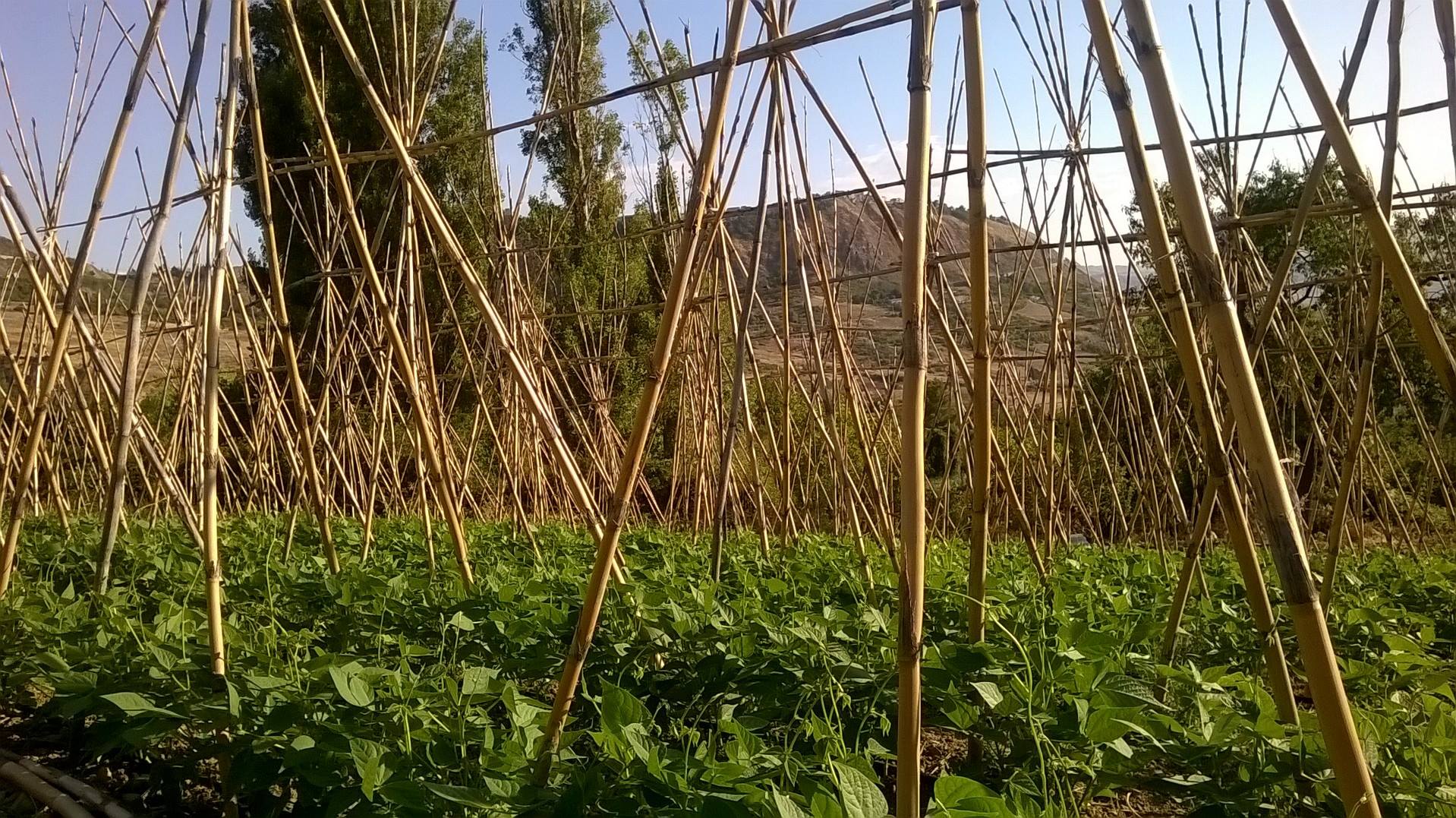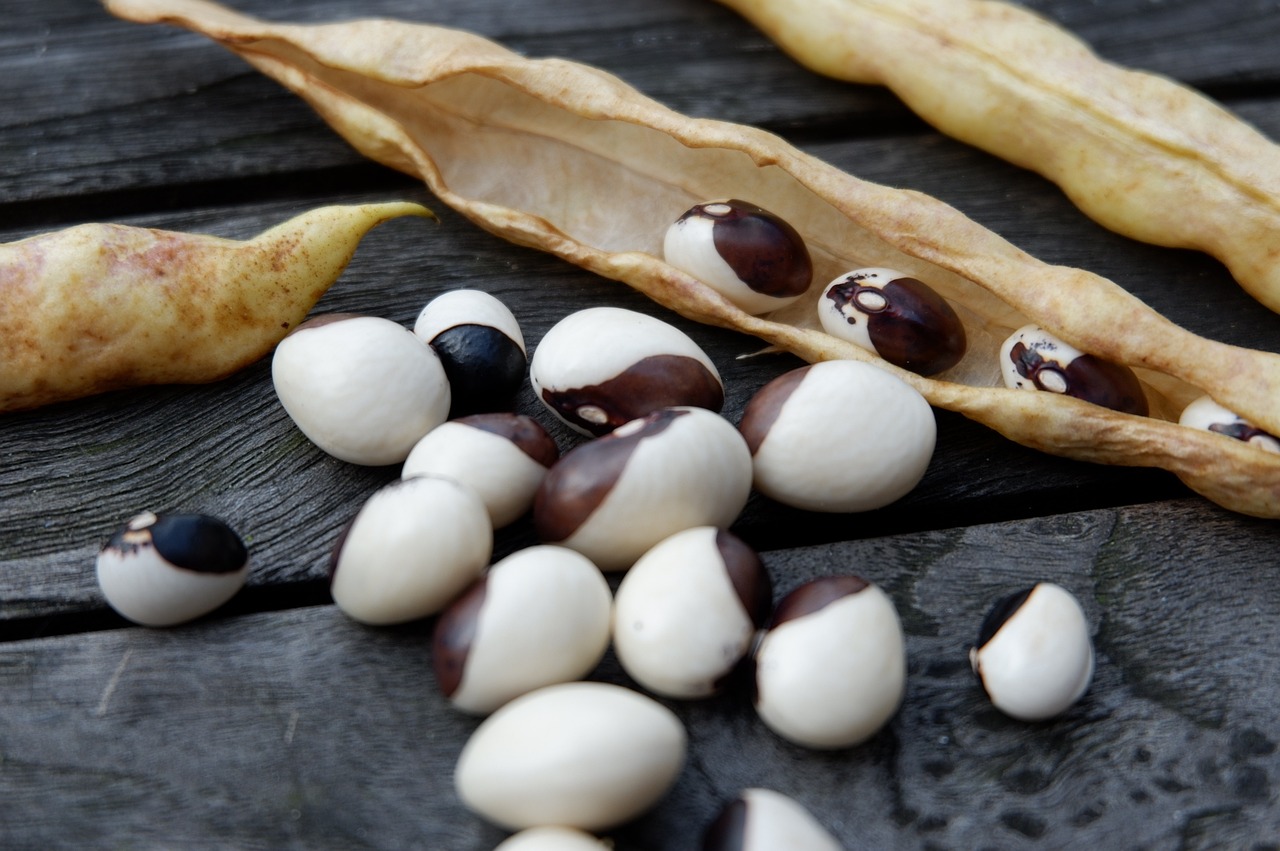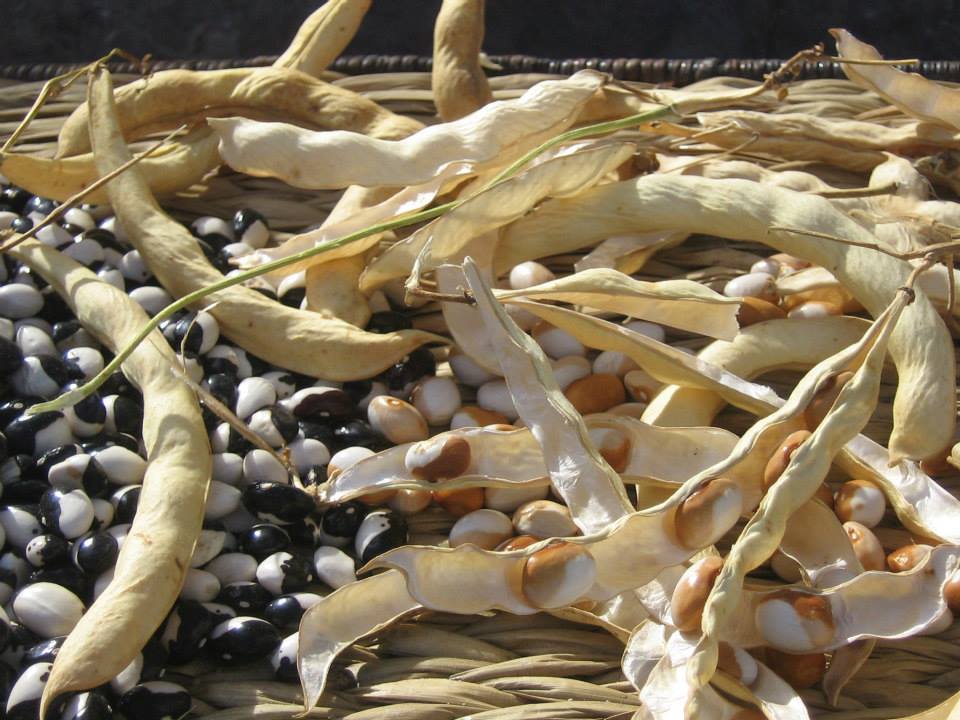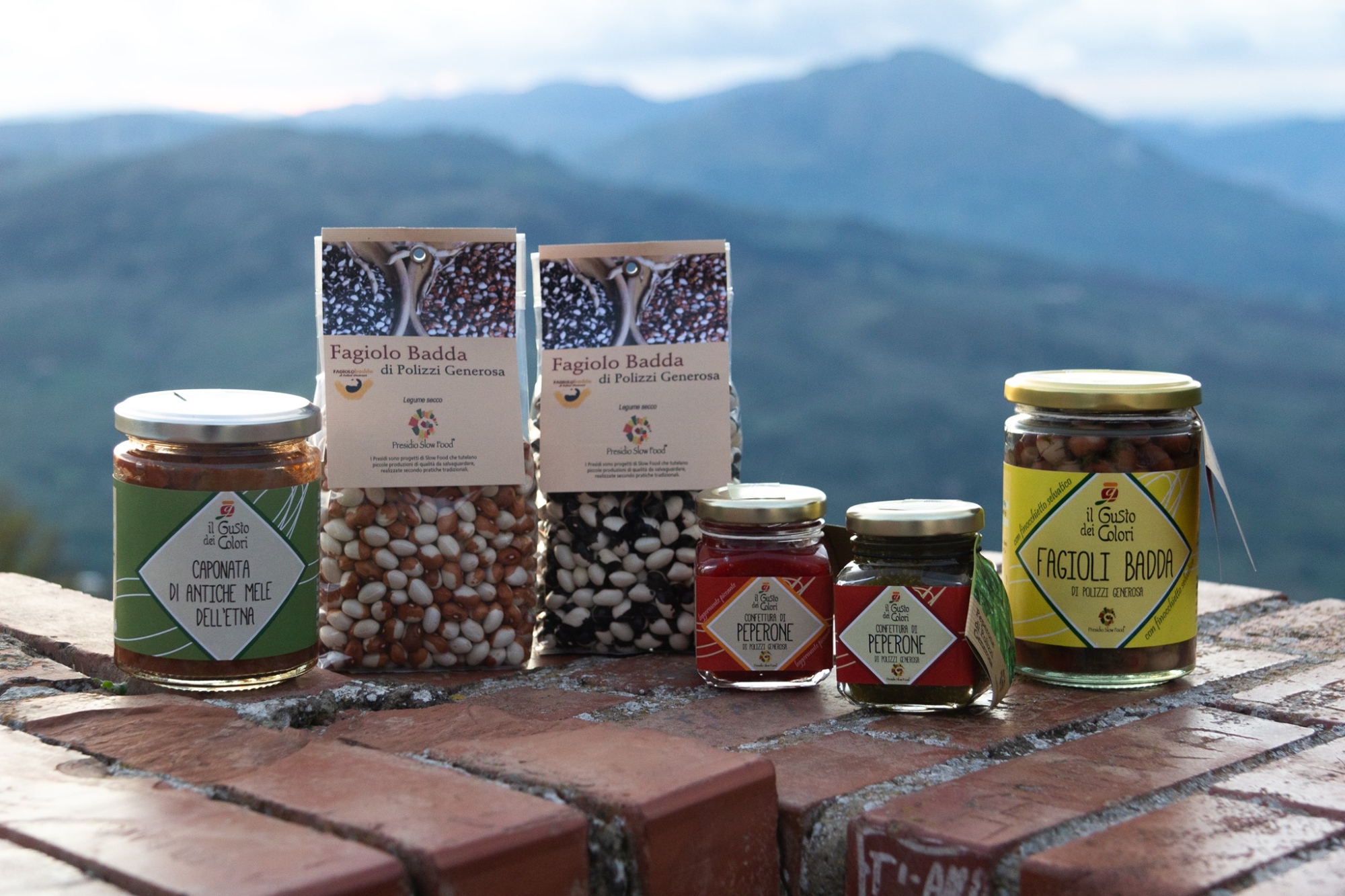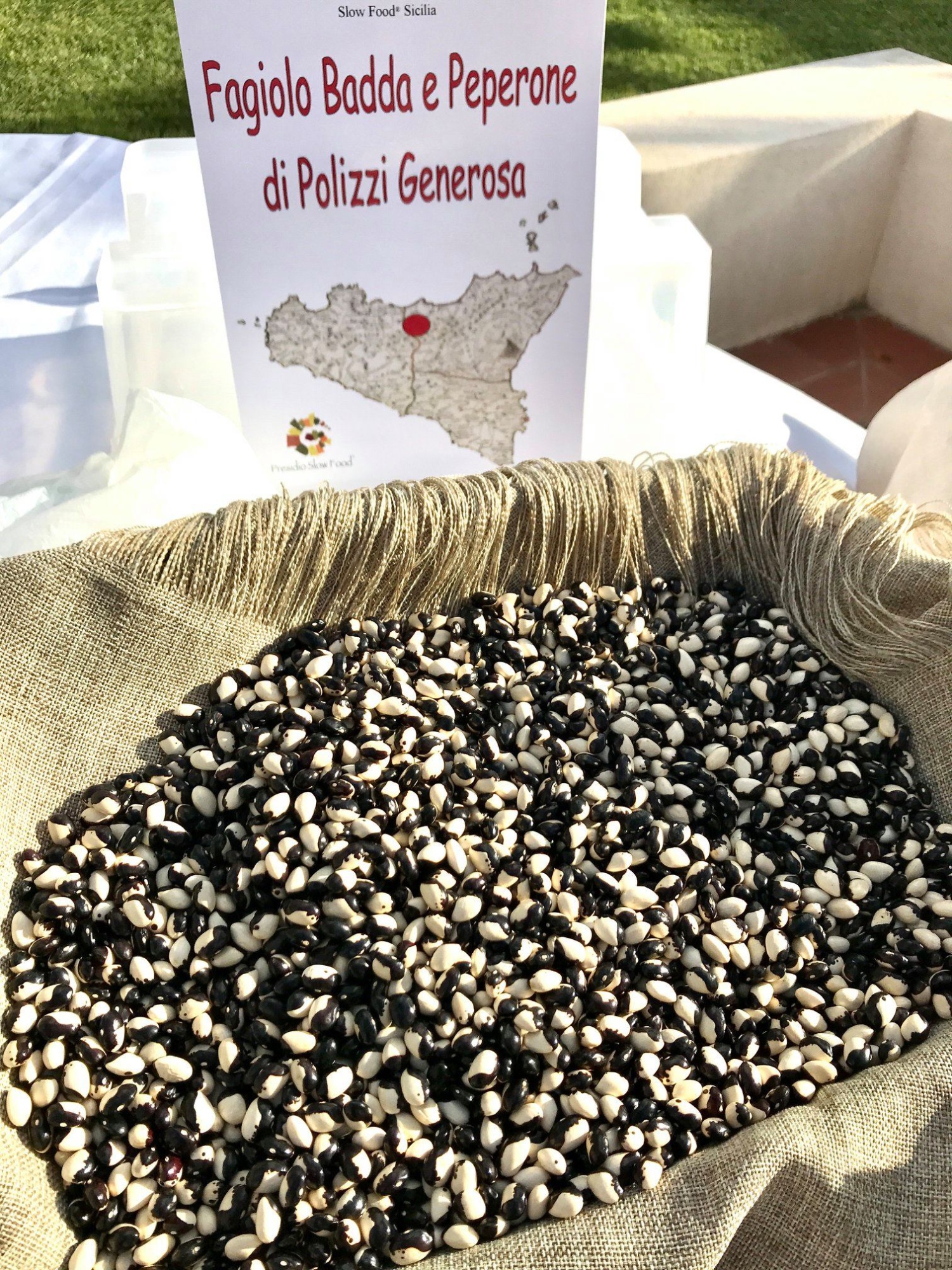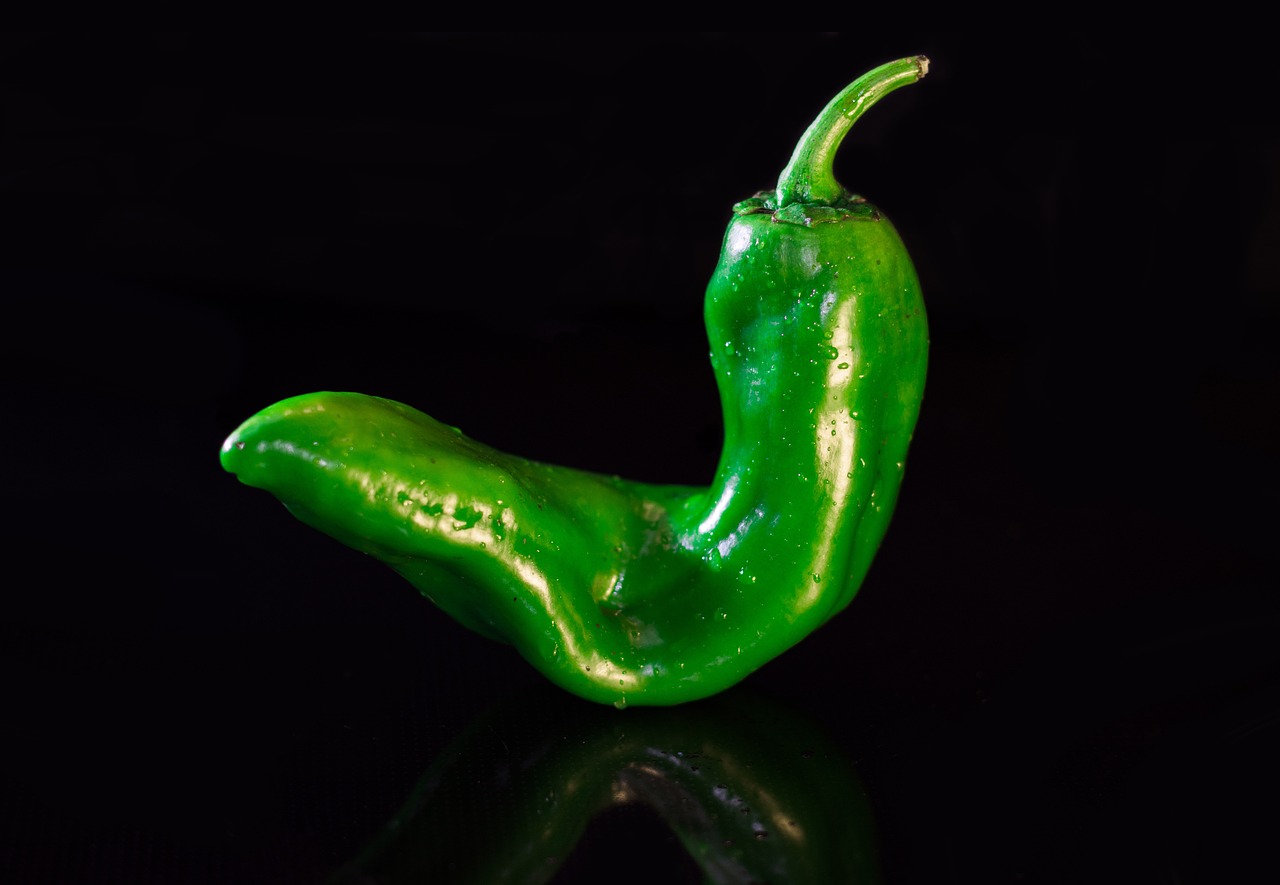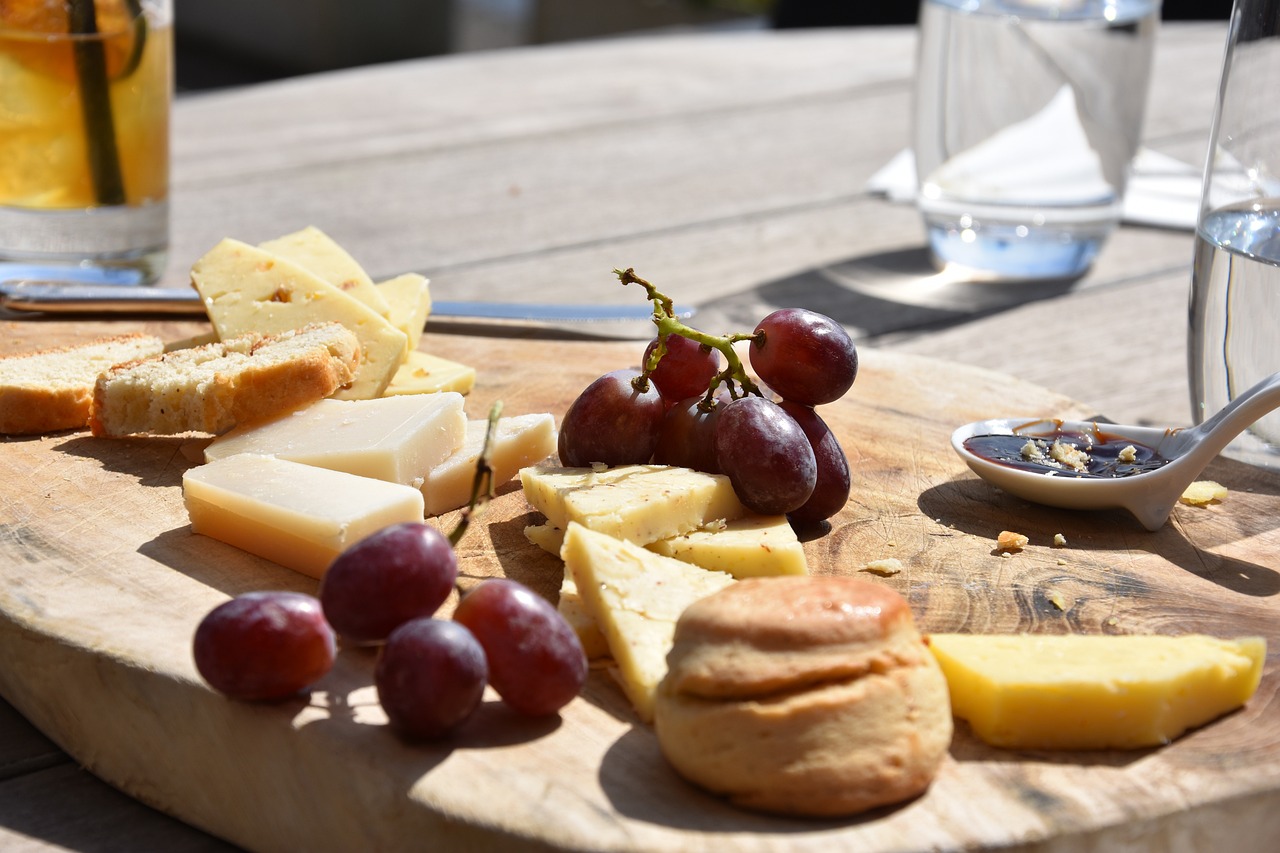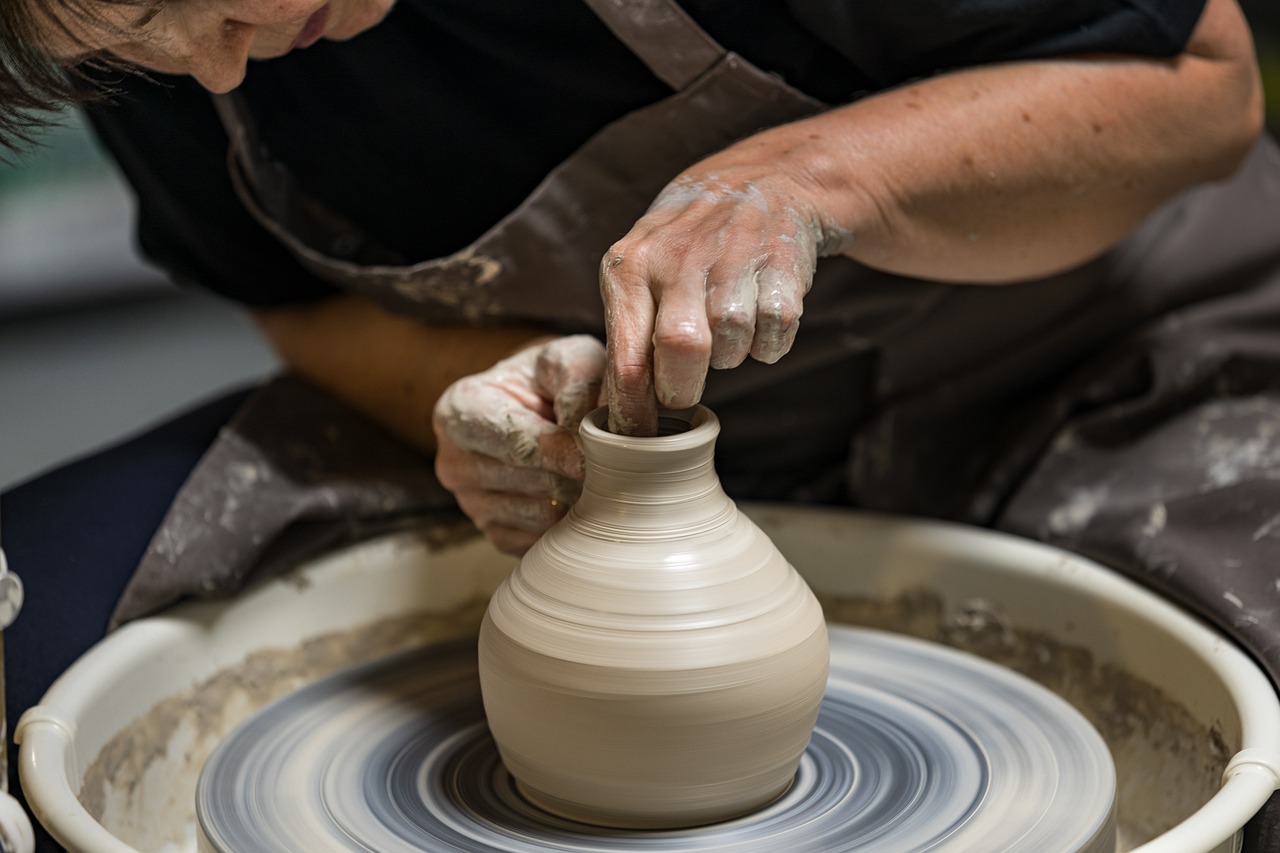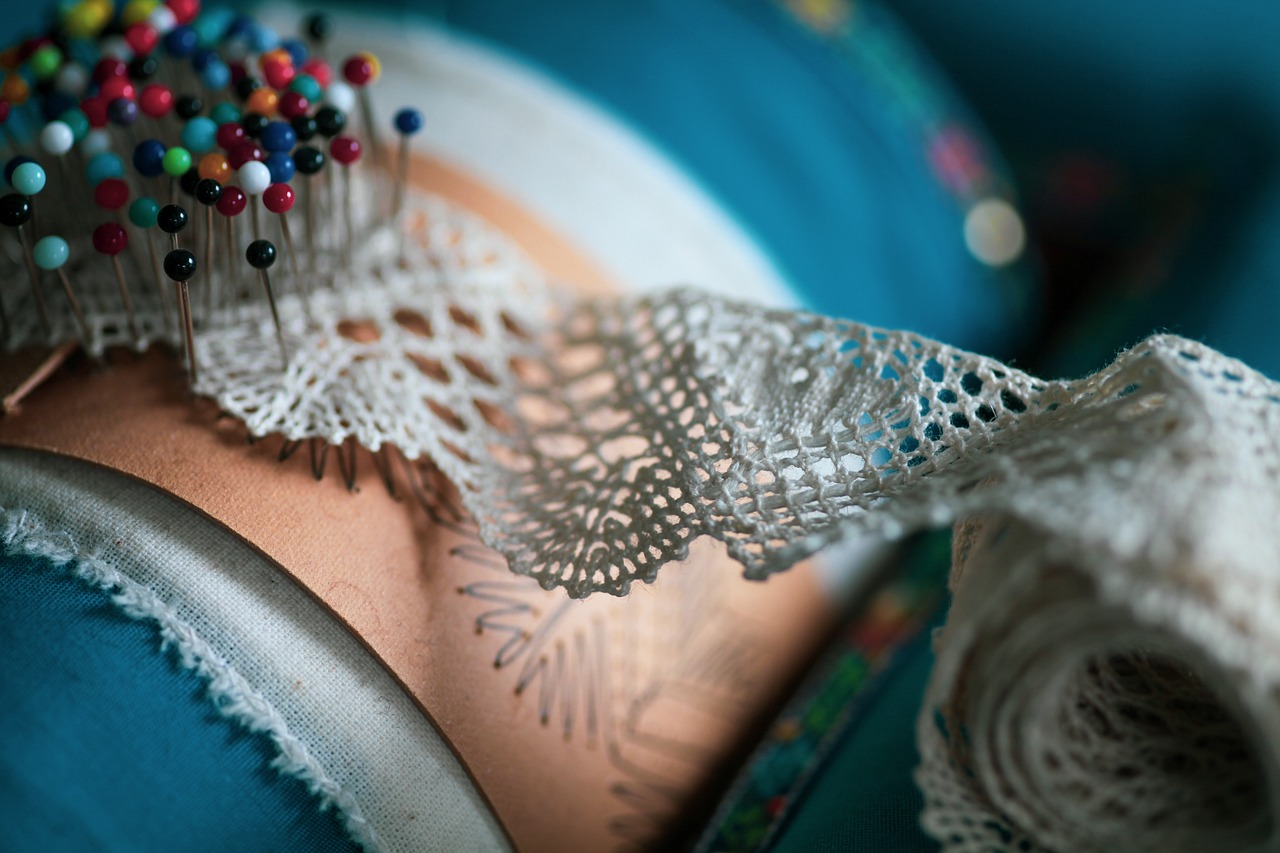The Badda Bean
For at least two centuries, in the vegetable gardens of Polizzi Generosa, a two-coloured, medium-small, roundish bean called badda (or "palla" in the local dialect) has been cultivated in two varieties: "Badda Bianca" and "Badda Niura or Munachedda".
Two-coloured, like the famous Juventus shirt, except that the Badda bean from Polizzi usually has a soft ivory base and orange streaks that are often purplish, indeed almost black. But, most importantly, it is delicious, whichever way you cook it. And it is mysterious: no one knows when it arrived in the Madonie, nor who first cultivated it. The fact is that, for about two centuries, give or take a few years, this nice round bean (badda in dialect means ball) has been a feature of the village's domestic vegetable gardens. An agronomist will explain that it is an ecotype of the Phaseolus vulgaris L. species, which belongs to the Phaseolaceae family, while a chef will insist that it has a soft, savoury, mellow flavour, with herbaceous and even briny notes, slightly astringent, with hints of chestnut and almond on the finish. As it cooks, it becomes creamy, but without flaking. Before becoming a symbol of Polizzi, and one of the Slow Food-certified products in the Madonie, these beans have travelled the world. There are currently seven producers cultivating it for sale: it is in great demand even though it remains a niche product, little known outside the Palermo area. Ferdinando Alfonso talks about its cultivation in his "Monograph on the Hazel Tree" (published in 1886) on page 243, but makes no reference to the variety. They are certainly two local ecotypes (given the mottling) that have acclimatised well, over time, in this area. The inhabitants of Polizzi - because it is only found here, that's for sure - cultivate the two cultivars, fasolo badda bianca or badda niura or munachedda, depending on whether the pinkish-orange or darker veining is stronger; with a very precise technique: the plants wrap around four canes arranged in the shape of a small shed (u' pagliaru). Such cultivation takes place in small family vegetable gardens where Polizzi's farmers have, for centuries, grown the seeds themselves. Sowing begins in the first week of June in the highest parts of the village, 'a muntagna', traditionally on the day of the feast of St Anthony of Padua. In other areas of the village, more towards the plain, sowing takes place after mid-July. The harvesting of the green pods starts after about 60 days and, depending on the altitude, can continue as late as November. Harvesting the beans for drying, on the other hand, takes place between October and November, before the pods open and drop their seeds. The use is as varied as possible and you should trust the local women: Badda beans are high in fibre, carbohydrates and protein, making a complete food. Of course, they are the basis for pasta and beans (with the so-called 'attupateddi', the half thimble of pasta, one of the most popular traditional formats) and the equally numerous soups, where the badda bean is often combined with herbs and mountain vegetables.
Web
Official Website- SEASONALITY
The Badda Bean is harvested from August to November, while the dried product can be found all year round. - PRESIDIUM
The Presidium aims to raise awareness of the product and develop its cultivation, with the cooperation of the Municipality of Polizzi, while continuing to produce, even in difficult situations, respecting traditional techniques and the territory.
_ Production area
Municipality of Polizzi Generosa (Province of Palermo)
_ Presidium supported by
Region of Sicily - CONTACTS
Representative of the Presidium producers
Roberta Billitteri
Ph. 340 5624176
ro.billitteri@libero.it
Slow Food Presidium Manager
Anna Virga
Ph. 340 9049741
annavirga@virgilio.it
Polizzi Badda Bean Producers' Association
Via Garibaldi, 13 - Polizzi Generosa (Pa)
Ph. +39 335 7564744

